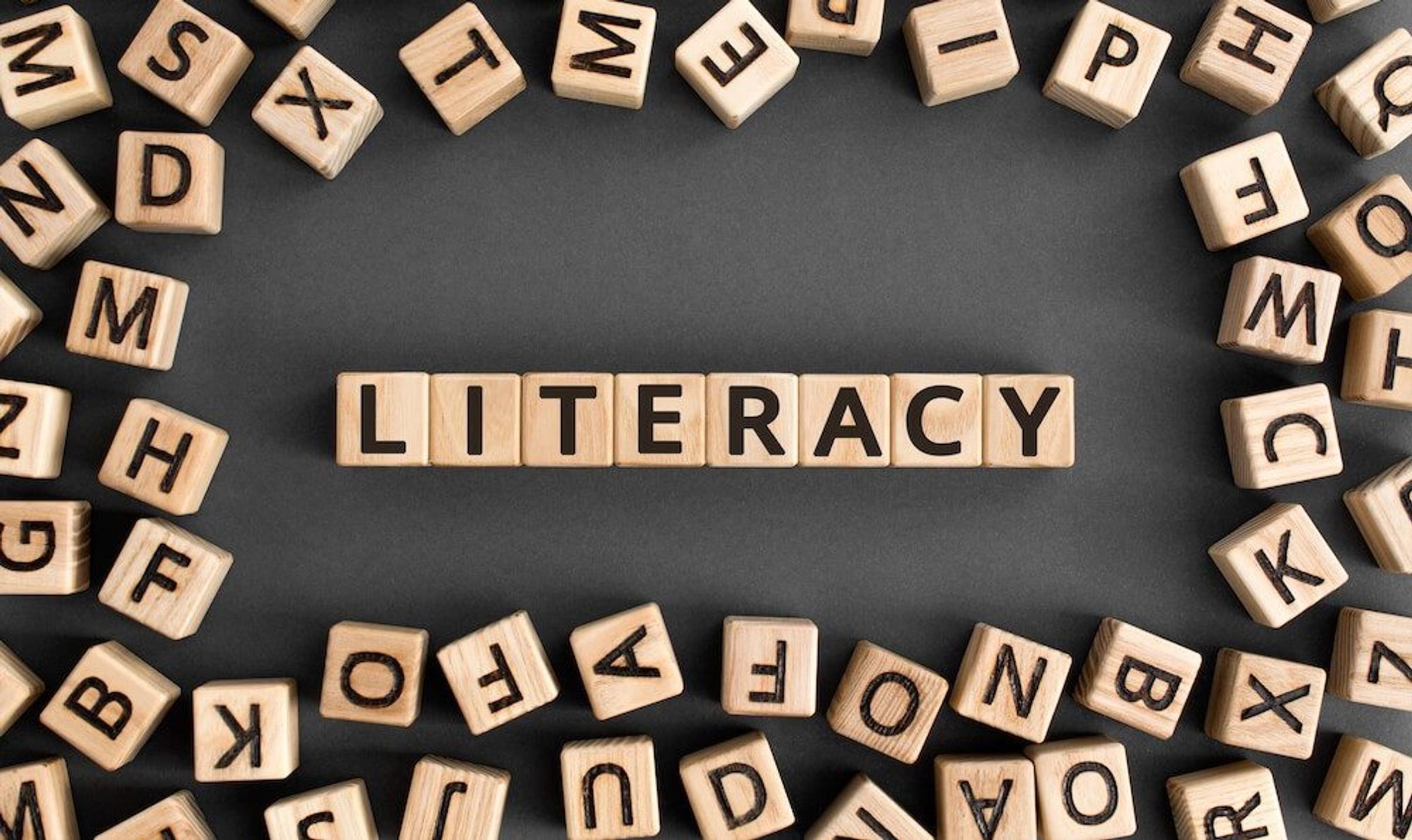Literacy

Decodable Books
Recently you may have heard your child’s teacher; your child or other parents refer to decodable books… are you curious as to what this means? Here is a breakdown of what decodable books are and their benefits.
Decodable books are books specifically designed to support early readers in practicing and applying their phonics skills. These books contain words that primarily use the phonics patterns and rules that students have been taught, making them "decodable" based on the reader's current level of phonics knowledge. Here are some benefits of using decodable books:
- Phonics reinforcement: Decodable books provide an opportunity for students to practice and reinforce the phonics skills they have learned. As students encounter words that align with the phonics patterns they have been taught, they can apply their knowledge to decode and read the words accurately.
- Building confidence: By reading decodable books, students experience success in decoding words and reading sentences independently. This success builds their confidence as readers and motivates them to continue practicing and progressing.
- Reading fluency: Decodable books support the development of reading fluency. As students repeatedly encounter familiar phonics patterns and words, they can read more fluently and smoothly. This helps them transition from decoding individual words to reading with increased speed and comprehension.
- Word recognition and vocabulary development: Decodable books often introduce new words gradually, following the phonics progression. This allows students to expand their sight word vocabulary and develop strategies for decoding unfamiliar words. By encountering words in the context of decodable books, students develop word recognition skills that aid in reading comprehension.
- Transferable skills: Reading decodable books helps students transfer their phonics knowledge to other texts. As they become proficient at decoding words in decodable books, they can apply their skills to reading other materials with similar phonics patterns. This bridges the gap between decoding skills and reading more complex and diverse texts.
- Independence in reading: Decodable books provide early readers with the opportunity to read independently. As students gain confidence in decoding and encounter success in reading decodable texts, they develop a sense of autonomy and become more self-reliant in their reading abilities.
It's important to note that decodable books are used as a part of a comprehensive reading program that incorporates other reading strategies and materials. They serve as a valuable tool for early readers, supporting the development of phonics skills and laying a strong foundation for future reading success.

